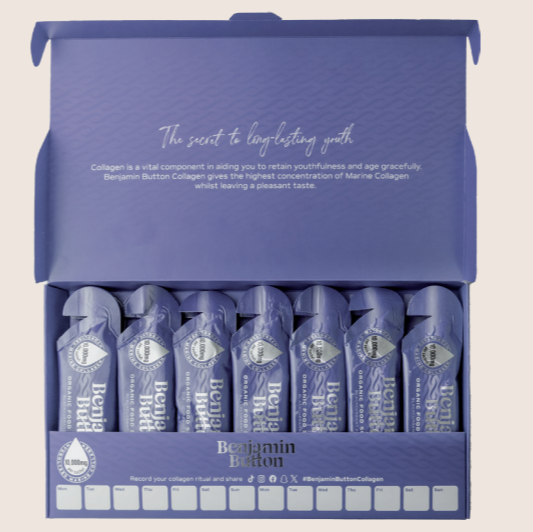Understanding the Impact of Scent in Hotels
The moment you step into a hotel, you are enveloped by a distinct atmosphere. Every aspect, from the decor to the staff's welcoming smiles, plays a crucial role in shaping your experience. However, one of the most significant elements often goes unnoticed: the hotel's signature scent. This enchanting element contributes to creating an unforgettable environment, elevating your stay beyond a mere place to rest your head. hotels are increasingly recognising the value of scent marketing. The fragrance envelops guests upon entry, evoking feelings of warmth, luxury, and comfort. Research shows that scent can influence our mood, memory, and even purchasing decisions. By curating a unique scent, hotels can craft a memorable experience that lingers long after guests check out.The Psychology of Scent
Our sense of smell is intricately linked to emotional connection and memory. The right scent can trigger vivid memories or feelings of nostalgia. In the context of hotels, an appealing fragrance can:- Enhance guest wellbeing.
- Encourage longer stays by creating a more enjoyable atmosphere.
- Promote brand loyalty through positive associations.
Crafting a Unique Signature Scent
Creating a signature scent is a carefully considered process. Hotels often collaborate with fragrance experts to develop a scent that embodies their values and identity. This scent should encapsulate both the spirit of the hotel and the local environment, enhancing the immersive experience for guests.Elements of Signature Scent Development
When it comes to developing a signature scent, several essential factors come into play:- Brand Identity: The fragrance should reflect the hotel's personality. For example, a coastal resort may favour oceanic and fresh notes, while a luxury city hotel may gravitate towards warm, inviting scents.
- Local Influences: Incorporating elements of local flora or cultural odours can create a sense of place, making guests feel more connected to their surroundings.
- Fragrance Layering: A signature scent often consists of various fragrance layers. Top notes may include citrus or floral elements, while middle notes include spices or herbs, and base notes provide a warm, comforting foundation.
Examples of Iconic Hotel Scents
Several hotels have effectively implemented signature scents that have become integral to their brand identities. These scents not only enhance the guest experience but also serve as memorable branding elements.Noteworthy Hotels and Their Signature Scents
- The Ritz-Carlton: This iconic hotel chain is renowned for its use of a custom blend of white tea and subtle floral notes that exude sophistication and comfort.
- Westin Hotels: Known for their invigorating scent of white tea and ginger, this fragrance promotes relaxation and rejuvenation, perfectly in line with their brand focus on wellness.
- Marriott Hotels: Their signature scent combines warm woods and soft florals, creating a welcoming atmosphere that feels like home.
Creating an Immersive Experience Through Atmosphere
While scent is vital, it is not the only element that creates a hotel's unique vibe. Lighting, décor, and music all play significant roles in shaping the overall experience.Integrating Scent with Other Elements
To truly create a harmonious environment, hotels must integrate their signature scents with other sensory elements. This can be achieved by:- Lighting: Soft, warm lighting can enhance the warm tones of a fragrance, making it feel even more inviting.
- Sound: Calming music can pair beautifully with serene scents to promote relaxation, making the guest experience even more memorable.
- Visual Aesthetics: The décor should resonate with the hotel's brand and fragrance. A fresh, floral scent pairs well with bright, airy designs, while more robust scents might suit darker, opulent interiors.
Conclusion: The Lasting Impact of Hotel Scents
The careful crafting of signature scents enhances the overall atmosphere and significantly influences guests' experiences. By using scent to evoke emotion, hotels create a holistic and immersive environment that keeps guests returning. As the hotel industry continues to evolve, the power of scent and atmosphere will undoubtedly remain at the forefront of creating memorable stays.The widespread acknowledgment of scent's impact on guest perception solidifies its position as a crucial element of hotel branding. As hotels compete for attention in a crowded market, those that successfully harness the power of their signature scents will stand out and offer guests a truly unforgettable experience.






















